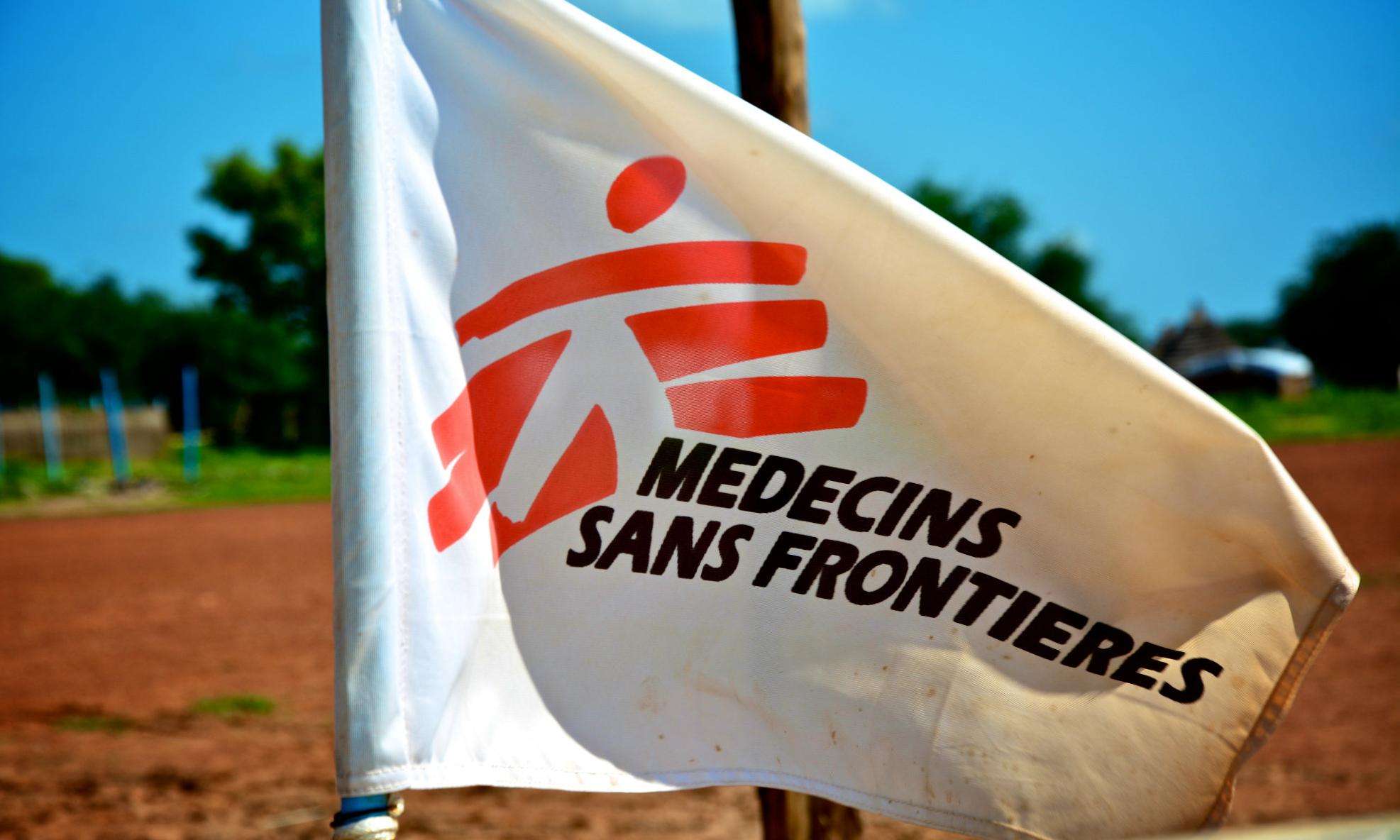on Chechen refugees

For the last year and a half, 32-year old Gabriel Trujillo has been the Head of Mission for Doctors Without Borders/Médecins Sans Frontières (MSF) programs in Moscow and the North Caucasus, managing programs for the nearly 150,000 displaced Chechens living in Ingushetia. Russian and Ingush authorities have been pressuring these families to return to war-ravaged Chechnya, leading to a general deterioration in living conditions and security for civilians and aid workers alike.
Q: What are conditions like for displaced Chechen civilians in Ingushetia?
Today there is a lot of uncertainty. In Ingushetia, about 18.000 displaced people live in tented camps, 30,000 live in collective centers - basically squatters - while another 50,000 are renting rooms from Ingush families. People from several collective centers have been threatened with expulsion in the last weeks.

Chechen refugees. Photo © Leo Erken |
Authorities are pushing them to return to Chechnya with pressures that range from cutting off the gas during the winter to cutting off water now. Officials threaten people by telling them the camps are going to be dismantled or that if they don't return to Chechnya now they will face problems. Sometimes displaced families are told that if they are staying in Ingushetia, they must have something to hide. Two camps were closed down in July 2002 in Znemonskoye, Chechnya and one was closed in December in Aki Yurt, Ingushetia. The only alternative shelter offered by the authorities to the refugees was in Chechnya.
And there are still no plans to replace the tents or improve existing shelters. One aid group was told by local authorities that if they put up tents, the tents would be burned down. So there are no alternatives for people and no possibilities to improve their situation.
Q: What is MSF doing?
MSF is offering medical consultations to the displaced - general, pediatric, ob-gyn - as well as providing shelter and improving water and sanitation for the displaced in Ingushetia. Basically, we are trying to improve their living conditions.
We're also supporting most of the hospitals in Ingushetia and Chechnya. But access is extremely limited to Chechnya. Since MSF volunteer Arjan Erkel was kidnapped, though, activities have been halted in Dagestan and reduced to emergency support in Chechnya.
There are a lot of obstacles to MSF's work in the region. At this time last year, international MSF staff could stay in Ingushetia three weeks every month, and even go to Chechnya sometimes. We could see the situation face-to-face, and work with our local teams permanently. Now because of security threats, we have only short visits.
In Ingushetia, It's difficult to do as much as the needs require. We try to improve the general living conditions, but because of administrative obstructions and the current plans to return the displaced it can take one month to get official authorization to even build a latrine in one of the camps. So the space to work and providing assistance is extremely small. This is so frustrating because you hear the stories from far away and you know that much more could be done.
Q: What should the Russian and Ingush authorities be doing?
This is clear. They should let people receive humanitarian assistance; they should not force people to return to Chechnya; they should ensure security for the displaced in Ingushetia as well as in Chechnya; they should not target civilians; they should allow humanitarian organizations to work in the area and make sure they are not targeted.
Q: With these threats and pressures and awful living conditions, why do people fear returning to Chechnya?
Civilians are targeted on a daily basis in Chechnya. Masked men take some people away at night, and those people disappear. Russian soldiers and the Russian intelligence services target civilians in identity control operations. They are victims if they happen to be near one of the administration buildings and the administration buildings are targeted. When zachistki, or clean up, operations go on in villages, young men disappear and are taken for interrogation. Sometimes they come back badly beaten, sometimes they come back tortured, many times they don't come back. This is the violence people in Chechnya face.
They fear for their lives and for their families. We did a survey in February, and 98% of the displaced Chechen families we interviewed did not want to return because of the lack of security. The situation has not improved in Chechnya in terms of war and security for civilians. Contrary to what the authorities have been saying, Chechnya is far from quiet. People are at the mercy of fighting parties.
We have people working for MSF who have had to leave the country because of threats and worse. The husband of one of our staff disappeared in Ingushetia. Shortly after he was taken, the radio announced that he was killed trying to place a mine on the other side of Chechnya. The corpse was found ten months later. Violence touches almost every family, so it's not hard to find such stories. It's constant here. This was not an exception.
Q: How has the media covered such violence against civilians?
Some Russian media are quite critical of the situation, but these are marginal. For most, the attacks on civilians are portrayed as a result of terrorism - and they never speak about state terror.
Q: In St. Petersburg recently, President Putin publicly discussed the case of your friend and colleague, Arjan Erkel, who was kidnapped 10 months ago. How will this help the case?
After ten months with Arjan missing, and without having been received by the Putin administration, we want facts from Vladimir Putin. We would like him to demonstrate the commitment he showed in words by facilitating Arjan's safe release. Up until now, there have been significant difficulties getting attention from high-level officials, particularly at the federal, ministerial and presidential administration levels.
We are extremely worried about Arjan - our friend has been missing for more than 300 hundred days. Even though Dagestani and Russian officials repeatedly say their investigations confirm Arjan is alive, they have failed to provide MSF and his family with information about where he is or why he was detained.
And unfortunately, Arjan's case has not been the only one in the North Caucasus region. For years, the humanitarian aid community has been the target of threats and repeated kidnappings. In 2002 alone, four aid workers were taken hostage. Today, Arjan is the only foreign humanitarian worker kidnapped in the Caucasus - but as long as he is missing, a part of the humanitarian ideal also remains in captivity.
Q: What do you think the future holds for Chechnya and those displaced by the war?
I hope that the fighting will stop; that there will be peace and people can go and live wherever they want. But that is a question of hope. I don't have many positive predictions, though. Maybe the conflict will slow down in the next year or two - this is possible - but I think there will be a lot of battles and power struggles inside of Chechnya. So I don't think the situation is going to improve for civilians very much.




